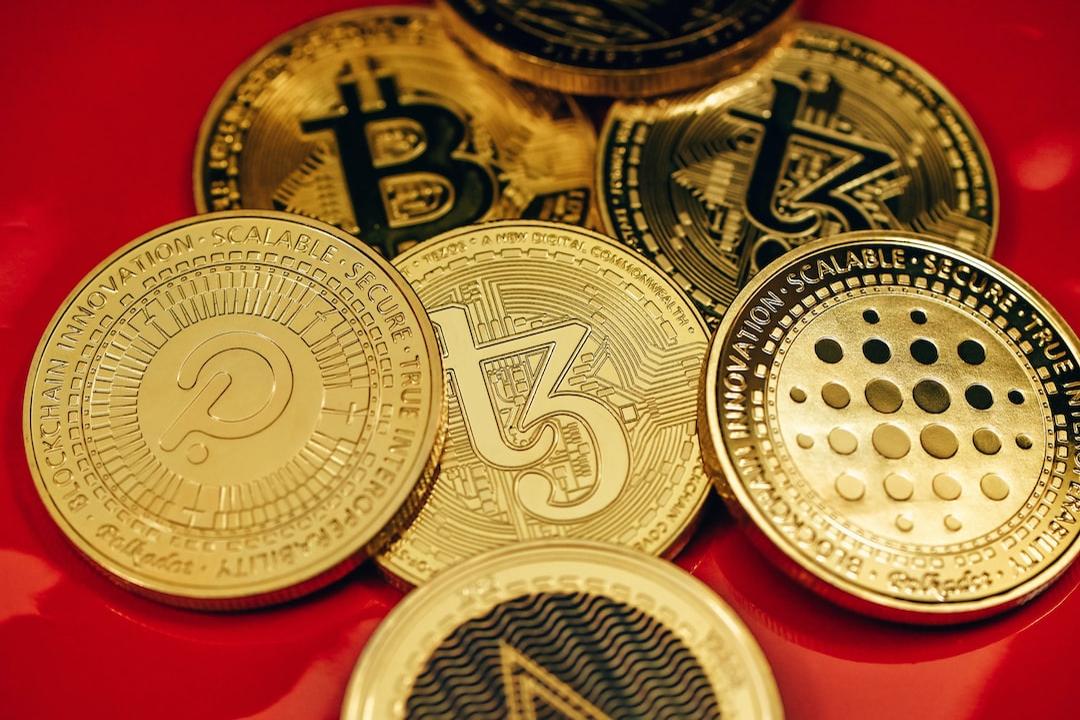Korean regulators are facing increasing pressure to give the green light to cryptocurrency exchange-traded funds (ETFs) in the wake of the United States Securities and Exchange Commission’s (SEC) recent approval of spot Ethereum ETFs. Local media reports suggest that the SEC’s decision on Ethereum is likely to push Seoul’s financial regulators to reconsider their stance on digital assets. The SEC approved the creation of ETFs for Ethereum, the world’s second-largest cryptocurrency, on May 24, 2024, following its earlier approval of Bitcoin ETFs in January 2024. ETFs are financial instruments that allow investors to gain exposure to a range of securities, and granting approval for crypto ETFs represents a significant step in bridging the gap between traditional finance and the digital asset industry. Unlike their US counterparts, the Korean Financial Services Commission (FSC) and Financial Supervisory Service (FSS) have been cautious about allowing crypto asset trading on traditional securities markets. The FSC has stated that ETFs must strictly adhere to the Capital Markets Act, which requires them to be linked only to traditional underlying assets, such as established financial instruments, securities, international currencies, and commodities. These assets provide the basis for financial derivatives. The Financial Services Commission is a government agency responsible for overseeing and regulating financial institutions and financial markets in South Korea. The South Korean government introduced an update to the Virtual Asset Users Protection Act in early February. Xangle, a leading digital currency data provider based in Seoul, has criticized the ban on digital assets in traditional securities markets, calling it ‘outdated’ and in need of revision to accommodate the increasing importance of digital assets in modern finance, according to a report in the Korea Times. Jung Eui-jung, the head of the Korean Stockholders’ Alliance, also emphasized the importance of Seoul following the US’s lead and approving Bitcoin and Ethereum ETFs, as the current hesitancy is causing frustration that extends beyond the crypto sector. Jung warned that if Seoul regulators continue to make little progress while the US moves forward, investors may transfer their funds to US markets, and he predicted that it would only be a matter of time before the US opens the door fully to other less-traded cryptocurrencies.

